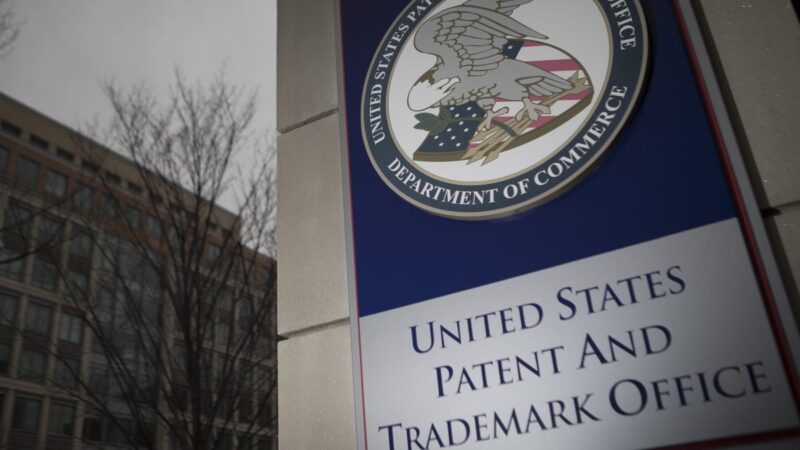John M. Taladay

John M. Taladay is Co-Chair of the Antitrust practice of Baker Botts. He is well-recognized as a leading global antitrust practitioner, known for his work in gaining merger approvals, defending criminal cartel investigations, litigating civil antitrust cases and managing complex international competition matters.
In working closely with the U.S. Federal Trade Commission, the U.S. Department of Justice Antitrust Division, the European Commission and other international agencies, Mr. Taladay has extensive experience in gaining merger clearances particularly in the technology, media, telecommunications, consumer products, software and pharmaceutical sectors and traditional industries including the automotive, airline, primary metals, agriculture, food, chemicals and electronics sectors.
Mr. Taladay has also led the defense of U.S. and foreign corporations and individuals in dozens of major cartel matters including antitrust grand jury investigations into allegations of price fixing, bid-rigging, market allocation and related offenses. He has navigated corporate clients through a range of cartel representation strategies from steadfast defense to leniency application to formal non-prosecution treatment. His litigation work includes acting as lead counsel in numerous civil antitrust class action and other litigation matters involving nearly all aspects of the antitrust laws.


Assessing the Patent and Trademark Office’s Inventorship Guidance for AI-Assisted Inventions
